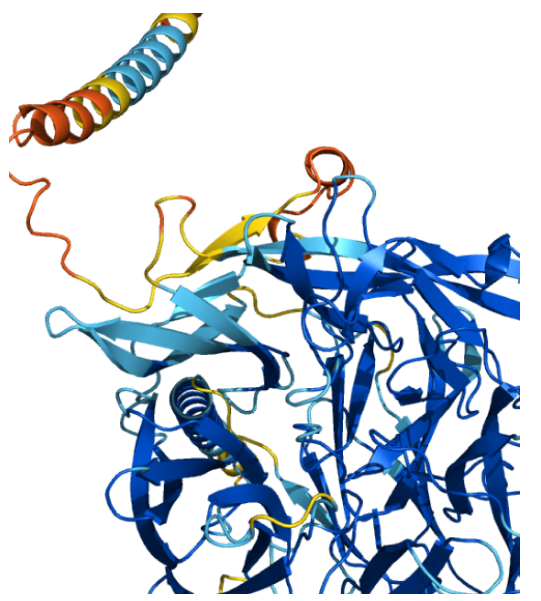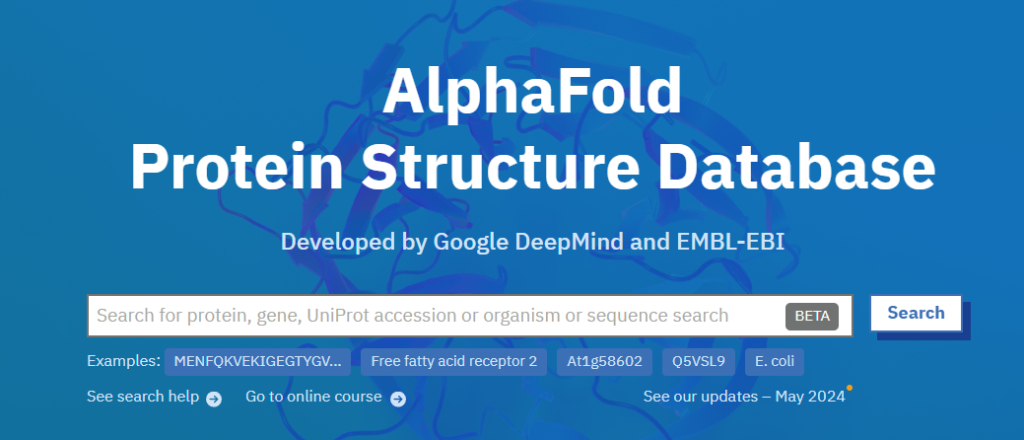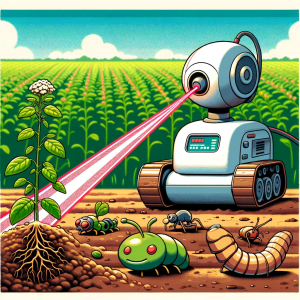
How AI is Revolutionizing Drug Discovery
In today’s fast-paced world, the hunt for new medicines is more critical than ever. Researchers are continually looking for ways to make the process quicker, cheaper, and more effective. Enter Artificial Intelligence (AI). This powerful tool is making waves in the field of drug discovery, promising to revolutionize how we find and develop new treatments. Let’s explore how AI is changing the game and what it means for the future of medicine.
The Basics of Drug Discovery
Before diving into AI’s role, let’s understand the traditional drug discovery process. Imagine it as a long and winding road, filled with numerous checkpoints:
- Target Identification: Scientists find a molecule in the body (like a protein) that’s involved in a disease.
- Drug Design: They design molecules that can interact with the target.
- Testing: These molecules are tested in the lab to see if they work.
- Clinical Trials: Promising candidates move to human trials.
- Approval: If successful, the drug gets approved for use.
This process is often slow, expensive, and prone to failure. But with AI, things are looking up.
How AI is Shaping Drug Discovery
AI: The New Scientist on the Block
AI can analyze vast amounts of data much faster than humans. In drug discovery, it helps in several ways:
- Data Analysis: AI can sift through enormous datasets to find patterns and connections that humans might miss.
- Predictive Models: By learning from existing data, AI can predict which molecules might work as drugs.
- Optimization: AI can refine drug candidates to improve their effectiveness and reduce side effects.
From Science Fiction to Reality
The idea of using computers to design drugs isn’t new. TV shows like Star Trek hinted at this future with AI doctors solving medical crises. Today, AI is making this a reality. For instance, AI algorithms can now predict how different molecules will behave, helping scientists design better drugs faster.
AI in Action: Real-World Successes
AI has already made significant strides in drug discovery:
- AlphaFold: This AI system predicts protein structures, a crucial step in understanding diseases and designing drugs.
- Generative Chemistry: AI tools can create new molecules with desired properties, some of which are already in clinical trials.
These successes highlight AI’s potential to revolutionize medicine.

The Three Pillars of AI-Driven Drug Discovery
AI impacts drug discovery across three main areas: diseases, targets, and therapeutic modalities.
Diseases
AI analyzes data from clinical studies and medical records to help identify the best treatment approaches for various diseases. This can lead to more personalized and effective treatments.
Targets
AI assists in identifying new drug targets—molecules in the body that drugs can interact with to treat diseases. By understanding these targets better, AI can help design more precise and effective drugs.
Therapeutic Modalities
AI optimizes different therapeutic approaches, from small molecules to gene therapies. It ensures that the chosen modality works best for the target disease.
Challenges and Future Outlook
While AI is a powerful tool, it’s not without challenges. Ensuring data quality and addressing the reproducibility crisis in science are critical. AI systems need accurate and reliable data to make correct predictions. Moreover, human oversight remains essential, especially in the later stages of drug development.
Looking ahead, the integration of AI in drug discovery holds immense promise. As technology advances, we can expect more breakthroughs that will make the drug discovery process faster, cheaper, and more effective.
Engaging with the Future
AI’s role in drug discovery is just beginning. Its potential to revolutionize medicine is enormous, but it requires continuous collaboration between scientists, AI experts, and regulatory bodies.
Let us know!
- How do you think AI can address the challenges in the current drug discovery process?
- What are your thoughts on the ethical considerations of using AI in medicine?
Explore and Learn with Science
Dive into groundbreaking research and inspiring stories with ‘This Week in Science’! Perfect for teachers and science enthusiasts, our free weekly newsletter expands your horizons in teaching and learning. Join us today and reshape your engagement with science.



